Butter might seem like one of the safest and most innocent staples in your kitchen, but history has shown that even this beloved dairy product isn’t immune to serious safety issues. From bacterial contamination to undeclared allergens and even metal fragments, several major recalls have forced companies to pull their products from shelves—sometimes with dramatic consequences. While butter is generally considered low-risk thanks to its high-fat, low-moisture makeup, lapses in production and labeling can put public health at serious risk. Here’s a look at the biggest butter recalls in U.S. history and what caused them to become national headlines.
1. Cabot Creamery (2025)
A shocking discovery of high coliform bacteria levels prompted Agri-Mark Inc. to pull nearly 1,700 pounds of Cabot’s Extra Creamy Premium Butter from store shelves. The bacteria, potentially indicating fecal contamination, set off alarm bells at the FDA.
The affected butter had reached seven states: New York, Pennsylvania, Vermont, Maine, Connecticut, New Hampshire, and Arkansas. Swift action by the company led to an impressive recovery rate of 99.5% of the contaminated product.
Remarkably, only 17 packages made it to consumers’ refrigerators, and no illnesses were reported from this potentially dangerous situation.
2. Costco’s Kirkland Signature (2024)
Undisclosed allergens can be deadly. Continental Dairy Facilities Southwest LLC recalled 80,000 pounds of Kirkland Signature Sweet Cream Butter after discovering a critical labeling error that omitted milk as an allergen.
For the millions of Americans with milk allergies, this oversight could have triggered serious reactions ranging from hives to life-threatening anaphylaxis. Six different lot numbers were affected, spanning both salted and unsalted varieties with best-by dates from February to March 2025.
The FDA classified this as a Class II recall, acknowledging the temporary but potentially serious health consequences that could result.
3. Wegmans Lemon Dill (2022)
Fresh herbs added unexpected danger when Epicurean Butter recalled 12 lots of Wegmans-branded Lemon Dill Finishing Butter in 2022. The culprit? A dill supplier detected the deadly Listeria monocytogenes bacteria in their product.
Over 1,100 cases of the gourmet butter spread were yanked from circulation. Listeria poses particular dangers to pregnant women, newborns, elderly people, and those with weakened immune systems, potentially causing fatal infections.
Health officials breathed a collective sigh of relief when no illnesses emerged from this contamination event that could have affected customers across Wegmans’ northeastern market territory.
4. Homestead Creamery’s Unsalted Butter (2020)
Farm-fresh turned frightening when routine testing at Homestead Creamery detected Listeria monocytogenes in their half-pound boxes of unsalted butter. The small-batch producer immediately halted production at their facility.
The April 2020 recall came during the early pandemic when food safety concerns were already heightened. Distribution channels included both retail locations and home delivery services, complicating the recall process.
Fortunately, the company’s quick response prevented any reported illnesses before the recall concluded just over two weeks later, allowing production to resume with enhanced safety protocols.
5. Oskri Organics’ Seed Butter (2019)
Health-conscious consumers faced an unexpected threat when Oskri Organics Corporation recalled multiple nut and seed butter products in January 2019. Their popular sunflower and tahini butters tested positive for Listeria monocytogenes during quality checks.
These plant-based alternatives, marketed as healthier options, suddenly posed serious health risks. The recall affected products distributed across multiple states through natural food stores and online retailers.
The company implemented comprehensive sanitation procedures throughout their Wisconsin facility. Health officials monitored the situation closely, and fortunately, no illnesses were linked to the contaminated products.
6. Inspired Organics’ Butter (2018)
December 2018 brought unwelcome news for health food enthusiasts when Inspired Organics recalled both their Organic Sunflower Butter and Organic Almond Butter simultaneously. Laboratory testing had revealed potential Listeria monocytogenes contamination in multiple product batches.
Distributor Lipari Foods faced the logistical nightmare of tracking down affected products across their Midwest distribution network. The recall primarily affected natural food stores in Michigan, Ohio, Indiana, Illinois, Minnesota, and Wisconsin.
Health officials worked with the company to identify the contamination source at their production facility. The swift recall action helped prevent any reported illnesses from these popular organic spreads.
7. Zander’s Creamery (2004)
A devastating blow struck family-owned Zander’s Creamery in 2004 when routine testing uncovered Listeria monocytogenes in their butter and butterine products. The contamination triggered an immediate nationwide recall affecting thousands of pounds of dairy products.
Despite their best efforts to locate and eliminate the bacterial source, the contamination proved persistent. Health inspectors discovered the bacteria had colonized hard-to-clean areas within the production facility.
Though no illnesses were directly linked to their products, the financial strain of the recall and subsequent production shutdown forced the once-thriving creamery to permanently close its doors within a year.
8. Land O’Lakes (2003)
America’s iconic butter brand faced a serious crisis in 2003 when metal fragments were discovered in Land O’Lakes salted butter sticks. The company immediately recalled over 126,000 pounds of potentially contaminated product from stores nationwide.
Investigation revealed a machinery malfunction had introduced small metal pieces during the butter cutting and packaging process. The affected products bore specific code dates and were primarily distributed in southern states, including Texas and Florida.
While no injuries were reported, the incident represented one of the largest physical contamination recalls in U.S. butter history and prompted the company to implement enhanced metal detection systems throughout their production lines.
9. Challenge Butter (2001)
Summer 2001 brought Challenge Butter into the spotlight for all the wrong reasons. Random testing detected Salmonella enterica in multiple batches of their popular salted butter quarters, triggering an immediate recall across 11 western states.
The contamination was traced to a pasteurization equipment failure that allowed raw cream to mix with pasteurized product. Nearly 40,000 pounds of potentially dangerous butter had already reached supermarket shelves when the recall was announced.
Three confirmed cases of salmonellosis were linked to the contaminated butter before the recall was complete. The incident prompted the century-old company to overhaul their equipment and safety protocols.
10. Keller’s Creamery (1997)
Thanksgiving preparations turned dangerous in 1997 when Keller’s Creamery recalled their holiday-themed butter sculptures after samples tested positive for E. coli O157:H7. The decorative turkey-shaped butter products had been distributed to grocery chains across the northeastern United States.
Investigation revealed contaminated water had been used in the molding process at their Pennsylvania facility. Seven confirmed E. coli infections were linked to the festive butter products before the recall was complete.
The outbreak resulted in two hospitalizations for severe symptoms, including one child who developed hemolytic uremic syndrome. This recall highlighted how even decorative food products require stringent safety measures.
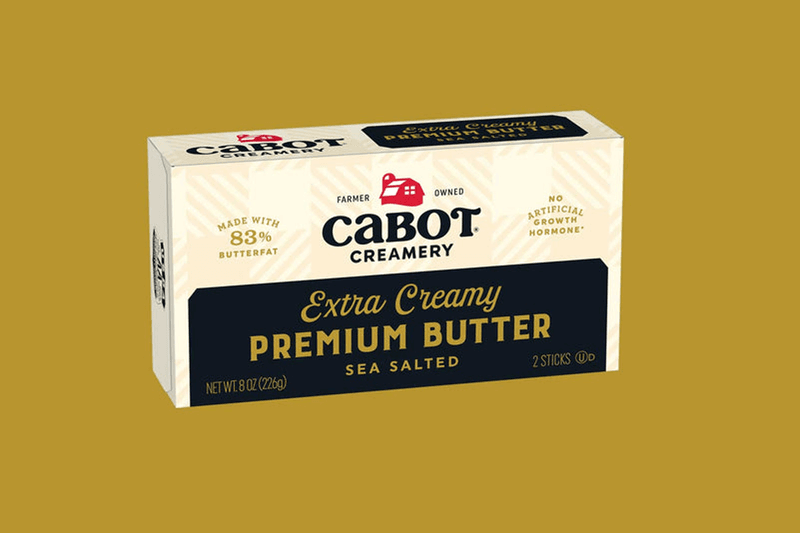
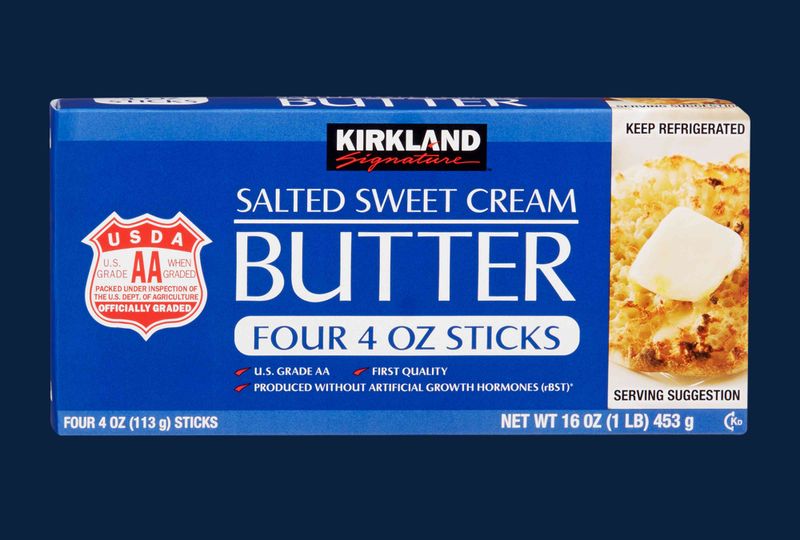
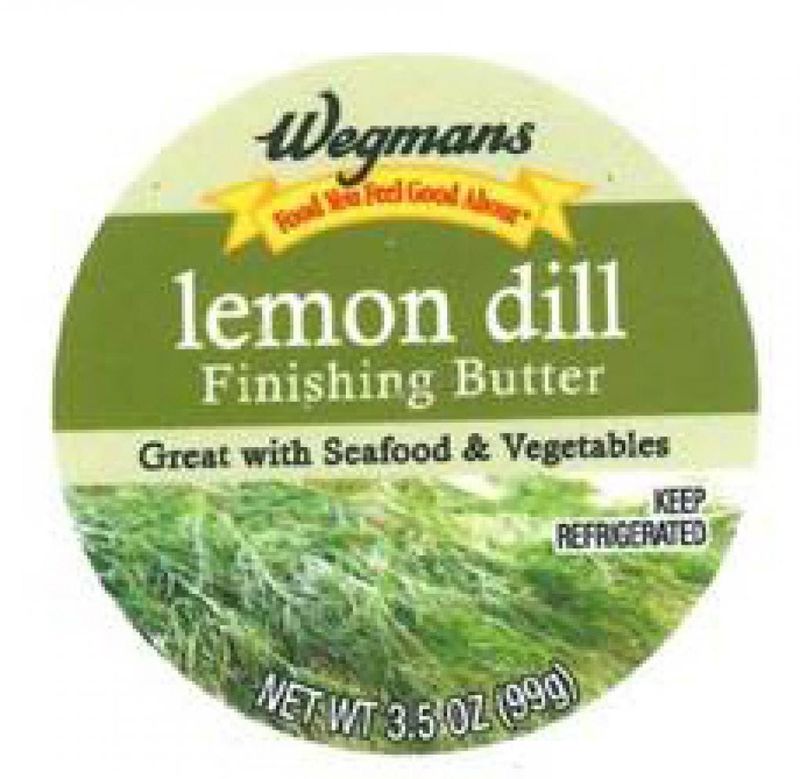
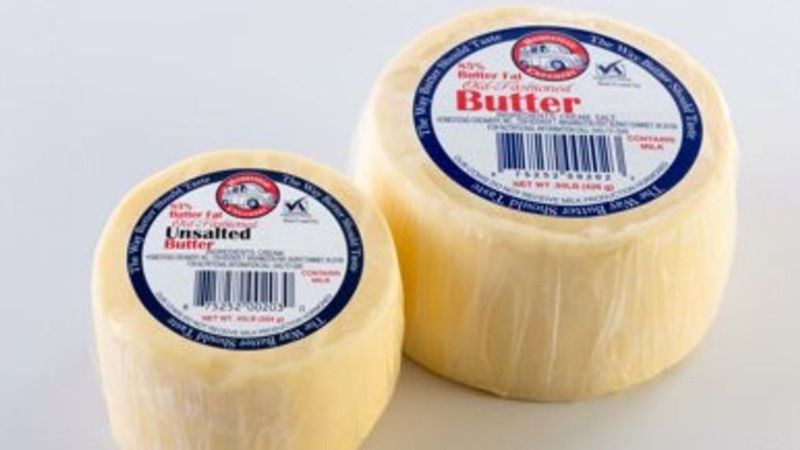
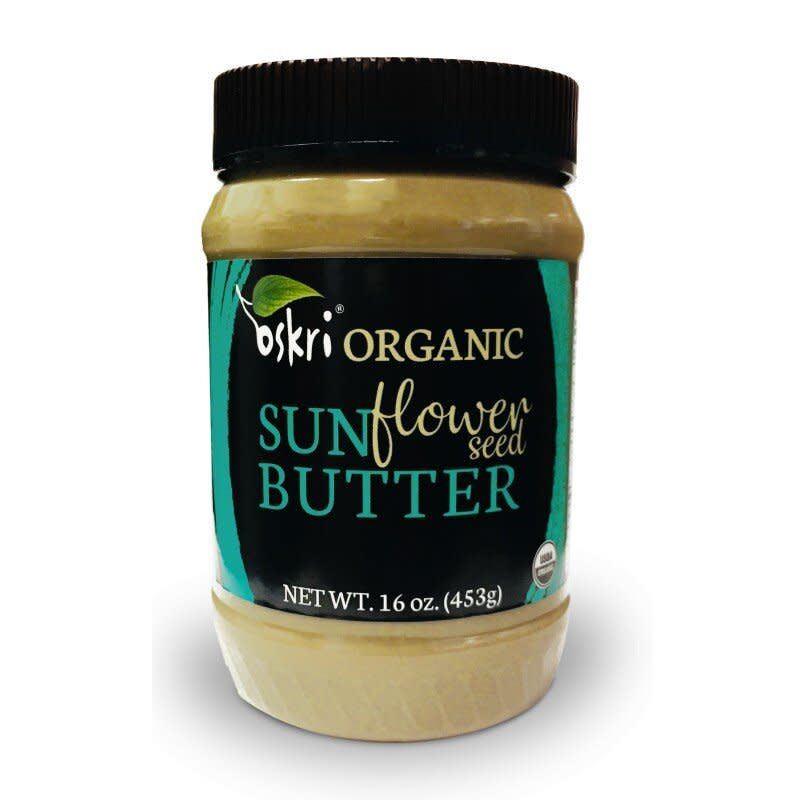
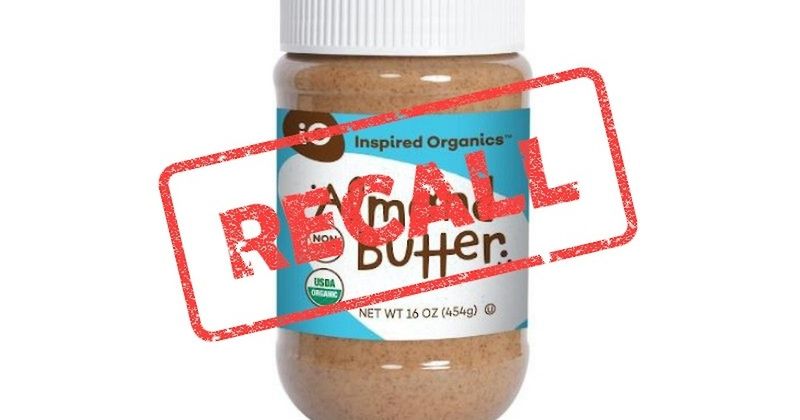

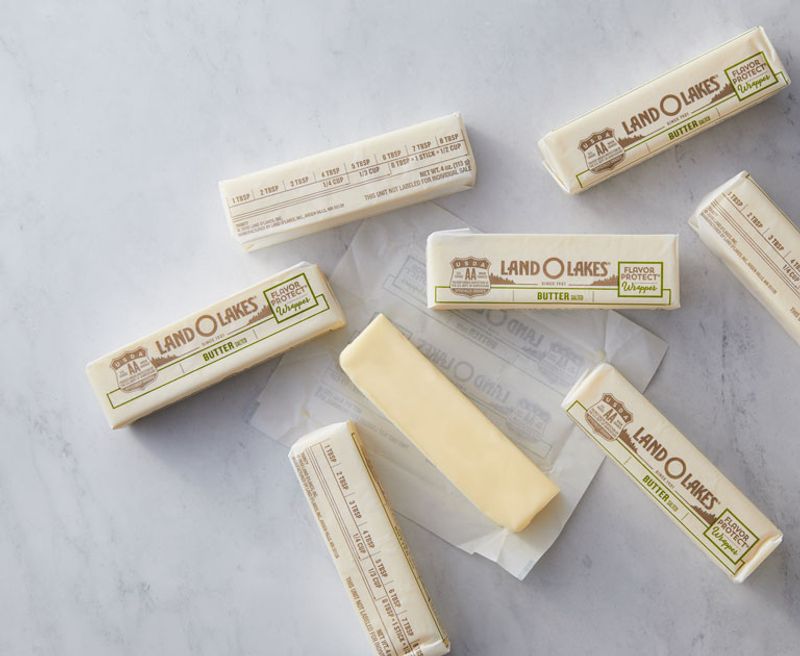
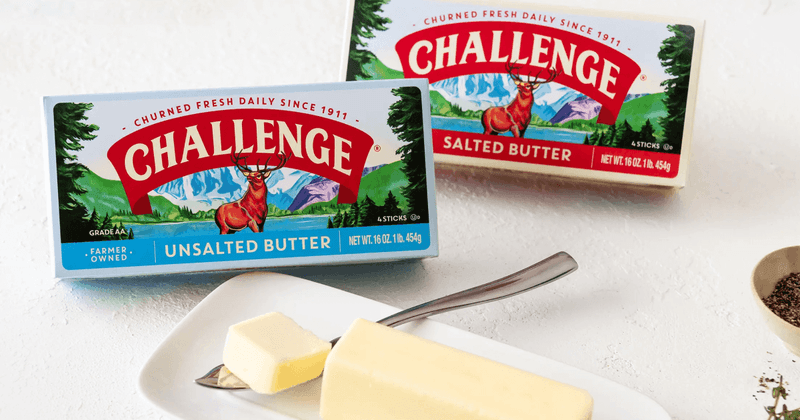
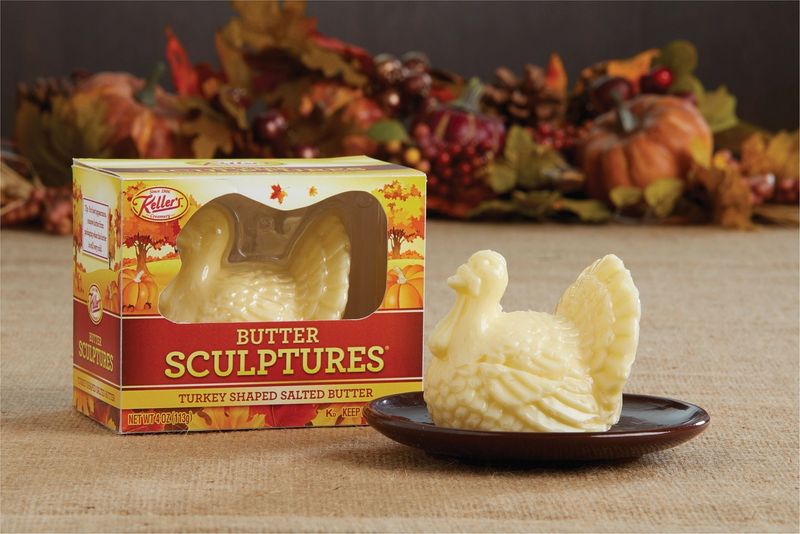
Leave a comment